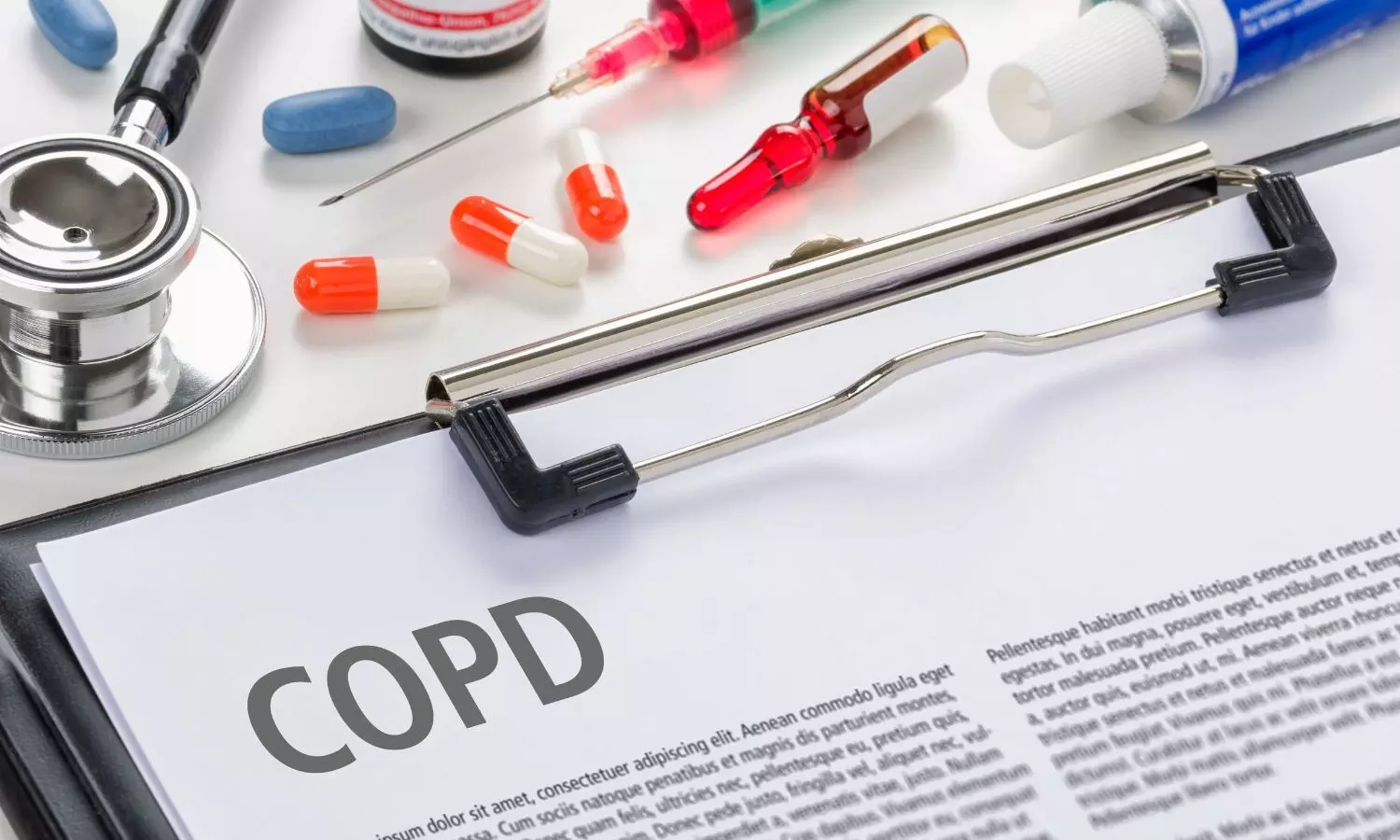Understanding COPD, The Silent Lung Killer: Early Signs, Tests and Treatment You Should Not Ignore

COPD in India: A Complete Guide for Patients and Families
Chronic Obstructive Pulmonary Disease (COPD) is a long-term lung disease in which the airways become swollen, narrow and damaged — making it hard to breathe. In India, COPD is now one of the leading causes of illness and death, largely due to smoking, air pollution, dust exposure, and smoke from chulhas and biomass fuel.
When the airways get inflamed and blocked, airflow in and out of the lungs becomes limited — a condition called airflow obstruction. People often experience breathlessness, a daily cough with mucus, and wheezing (a whistling sound while breathing).
COPD mainly includes two conditions:
1. Chronic Bronchitis
Inflammation of the air tubes (bronchi), causing persistent cough, mucus production and blockage of airflow.
2. Emphysema
Damage to the tiny air sacs (alveoli) reduces the lungs’ ability to absorb oxygen, causing breathlessness and fatigue.
Most patients have a combination of both.
Even though COPD tends to worsen slowly over the years, it is treatable, and with proper management, patients can lead active, meaningful lives.
Symptoms of COPD
Symptoms often appear only after significant lung damage has occurred. They may worsen if smoking or polluted-air exposure continues.
Common signs include:
* Breathlessness, especially during exertion
* A persistent cough (with clear/white/yellow/green mucus)
* Wheezing (whistling sound)
* Chest tightness
* Fatigue and low energy
* Repeated lung infections
* Unexplained weight loss
* Swelling in legs or ankles
COPD Exacerbations (Flare-ups)
Symptoms suddenly worsen for days or weeks due to triggers like:
* Pollution or smoke
* Strong smells
* Cold air
* Viral infections
* Dust exposure
During an exacerbation, people may feel extremely breathless, cough more, produce extra mucus or develop fever. These episodes require quick treatment.
When to See a Doctor
Consult a doctor if:
* Symptoms are new or worsening
* Your inhaler is less effective
* There is a fever or a change in mucus colour
* Breathlessness increases
Early diagnosis prevents complications like pneumonia, heart problems and respiratory failure.
Diagnosis of COPD (India)
Doctors use:
1. Spirometry – the most important test; measures airflow obstruction
2. Chest X-ray / CT scan – helps assess lung damage
3. Pulse oximetry / ABG – measures oxygen levels
4. Blood tests – to rule out infections or other conditions
Treatment of COPD
1. Inhalers (Main Treatment)
* Bronchodilators: open airways
* Steroid inhalers: reduce swelling
* Combination inhalers are commonly used
Correct inhaler technique is essential.
2. Oral Medicines
* Steroids during severe flare-ups
* Antibiotics for infections
* Mucolytics to thin mucus
3. Oxygen Therapy
For patients with low oxygen levels.
4. Pulmonary Rehabilitation
A structured program of breathing exercises, physical activity, nutrition and counselling.
5. Vaccination
Annual flu shots + pneumonia vaccine to prevent serious infections.
Daily Management & Prevention
* Quit smoking/tobacco completely
* Reduce exposure to smoke, dust and polluted air
* Use masks during high pollution days
* Practice breathing exercises (pursed-lip, diaphragmatic)
* Eat a high-protein, balanced diet
* Take medicines regularly
* Monitor symptoms and seek help early
Disclaimer: All medicines, treatments, and health-related decisions should be taken only under the supervision of a qualified doctor. Do not start, stop, or change any medication without medical advice.


